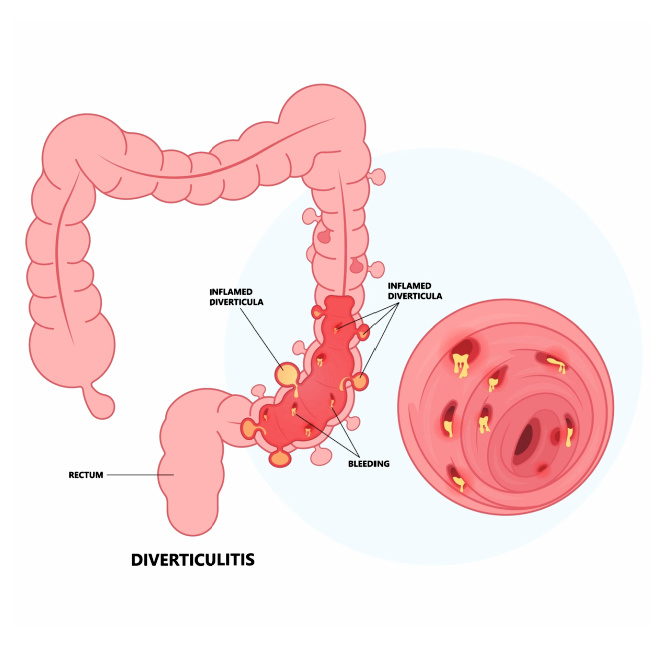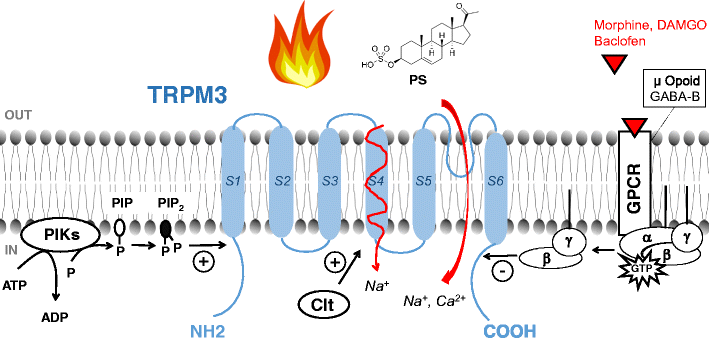Introduction — Why Legal Awareness Is Essential for Every Doctor
In today’s healthcare environment, doctors not only save lives but also navigate an increasingly complex legal framework. As patients become more aware of their rights, medical professionals face increasing scrutiny under consumer laws. The Medical services under Consumer Protection Act 2019 have become one of the most debated aspects of medico-legal practice in India.
Every doctor, whether in private practice or working with institutions, must understand their responsibilities and rights under this law. Legal literacy isn’t about fear—it’s about empowerment. The right awareness allows doctors to serve patients ethically while safeguarding their own professional integrity.
🔗 Explore the free course — Introduction to Medical Law — to build foundational knowledge and strengthen your professional confidence.
Overview of the Consumer Protection Act 2019 and Its Relevance to Medical Services
The Consumer Protection Act 2019 significantly reshaped the relationship between patients and healthcare providers. By bringing medical services under its scope, it acknowledged patients as “consumers” and healthcare as a “service.”
Key definitions relevant to doctors include:
- Consumer: Any person availing medical services for consideration.
- Service: Includes diagnosis, treatment, and preventive care.
- Deficiency: Failure to provide services with due skill, competence, or safety.
- Compensation: Courts may award financial redress to patients for proven negligence or deficiency.
For healthcare practitioners, this means increased accountability but also a structured legal framework to defend their actions when challenged. Hospitals and clinics must also comply with fair practices and transparency in billing and service delivery.
What Is Deficiency in Medical Service Under the Consumer Protection Act?
The Act defines deficiency in medical service under Consumer Protection Act as any fault, imperfection, shortcoming, or inadequacy in the quality, nature, or manner of performance of medical service.
Common causes include:
- Delayed or incorrect diagnosis
- Inadequate informed consent
- Poor communication with patients and families
- Lack of follow-up care
- Non-adherence to standard treatment guidelines
A real-life example is when a hospital was held liable for failing to provide a timely blood transfusion, resulting in preventable harm to the patient. The court classified this as a deficiency in Medical Service Consumer Protection act india.
Doctors can reduce risks by ensuring documentation, transparent communication, and patient-centric protocols.
Judicial Interpretation and Key Case Studies
Indian courts often assess cases based on “reasonable care” rather than perfection. A doctor is not expected to guarantee a cure but must act in line with accepted professional standards.
Key Case: Indian Medical Association vs. V.P. Shantha (1995) — This landmark judgment explicitly brought medical services within the ambit of consumer law. Since then, countless cases have underscored the importance of informed consent, detailed medical records, and communication.
Documentation and transparent communication often serve as the strongest defense in disputes.
Medical Negligence: Legal Perspective and Accountability
It is crucial to differentiate between a deficiency in service and medical negligence. While deficiency may include lapses in service quality, negligence refers to a breach of duty of care resulting in injury or damage.
Legal consequences include:
- Compensation orders by consumer courts
- Professional censure
- In extreme cases, criminal liability
The medical law under Consumer Protection Act india acts as a balancing tool—ensuring patient rights while also protecting doctors who follow due process.
Courts typically examine whether another reasonably competent doctor would have acted similarly in the same circumstances. Therefore, clinical judgment, when well-documented and ethically delivered, remains a doctor’s strongest shield.
Medical Negligence Defense for Doctors in India
For doctors, proactive legal strategies are as important as clinical skills. The most effective defenses include:
- Informed Consent: Ensures patients understand risks, alternatives, and outcomes.
- Clinical Documentation: Accurate, timely records are critical in legal disputes.
- Standard Treatment Guidelines: Following established protocols protects against liability.
- Expert Testimony: Opinions from peers often support a doctor’s case.
- Emergency Exception: Acting in good faith during emergencies is usually protected by law.
Legal awareness itself is the most powerful defense. A doctor who understands the medical negligence defense for doctors india framework is far better equipped to manage risks.
🔗 Enroll in a Master’s in Indian Medical Law to learn structured defense mechanisms.
Role of Compliance and Training in Reducing Legal Risk
Preventing disputes is always better than defending them. Consumer protection act healthcare compliance training in India equips doctors and institutions to minimize risk through:
- Clear standard operating procedures (SOPs)
- Ethical practices in billing and consent
- Periodic audits and risk assessments
- Training in patient communication
As Medical services under consumer protection act 2019 continue to shape healthcare, compliance becomes both a legal necessity and a professional asset.
Why Every Doctor Should Take Healthcare Compliance Training
Compliance training builds:
- Patient Trust: Transparent communication enhances satisfaction.
- Institutional Reputation: Hospitals with compliance protocols earn greater credibility.
- Legal Confidence: Doctors gain the assurance to handle complaints professionally.
For beginners, the free Introduction to Medical Law course is the ideal starting point. To gain mastery, doctors should progress to the advanced Master’s in Indian Medical Law.
Real-Life Lessons from Indian Consumer Court Cases
Several Indian consumer court cases reveal how small lapses result in significant liabilities:
- Failure to Inform Risks: A surgeon faced liability when complications arose after a procedure without documented consent.
- Improper Post-Operative Care: A hospital was penalized for a lack of monitoring after surgery.
- Incorrect Billing Practices: Overcharging patients was deemed an unfair trade practice under consumer law.
Each of these cases highlights the importance of compliance, documentation, and ethical practice. With proper legal training, many of these outcomes could have been avoided.
Building a Legally Compliant Medical Practice
A legally secure practice requires:
- Comprehensive documentation of patient history and treatment
- Transparent communication about risks and costs
- Written consent before procedures
- Strict adherence to SOPs
Medical institutions can implement compliance audits and regular medico-legal workshops. Continuous learning in medical law not only protects doctors but also enhances patient trust.
Conclusion — Empowerment Through Legal Education
Understanding deficiency in medical service and the medical law under Consumer Protection Act is no longer optional—it is essential for every healthcare professional. These frameworks safeguard both patients and doctors, provided they are applied with diligence.
Doctors who invest time in medico-legal education are not just protecting themselves but are also enhancing the quality of healthcare delivery.
🔗 Start with the free Introduction to Medical Law.
🔗 Advance your expertise through the Master’s in Indian Medical Law to become legally empowered and practice with confidence.







